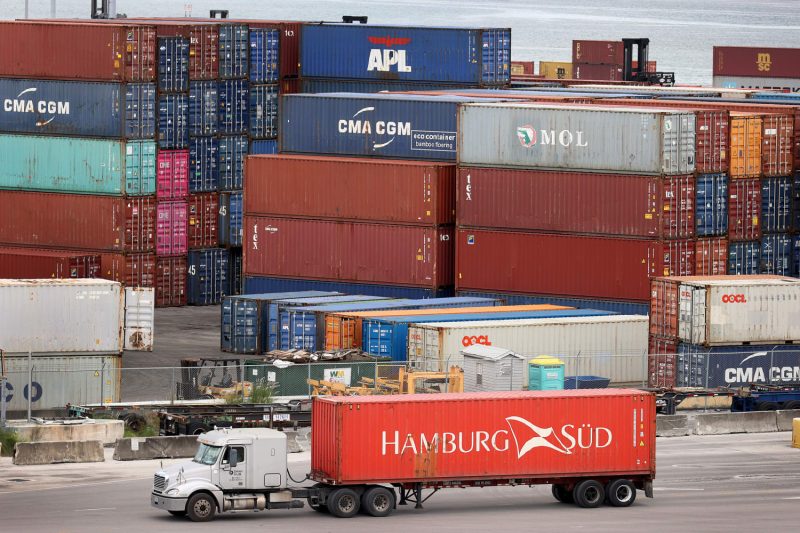Retailers Scramble to Move Billions in Cargo as East Coast Dockworkers Prepare to Strike
The looming threat of a strike by East Coast dockworkers has sent shockwaves through the retail industry, prompting retailers to scramble to find alternative solutions to move billions of dollars worth of cargo. With negotiations between the International Longshoremen’s Association (ILA) and the United States Maritime Alliance (USMX) at a standstill, the potential strike could disrupt vital supply chains and lead to significant economic repercussions.
The ILA represents approximately 65,000 longshoremen on the East and Gulf Coasts, playing a crucial role in the efficient movement of goods in and out of the nation’s ports. Any disruption to their operations could have far-reaching consequences for retailers, manufacturers, and consumers alike.
In response to the looming strike threat, retailers are exploring various contingency plans to mitigate the potential impact on their supply chains. One such strategy involves rerouting cargo to alternative ports further south or west along the coast to avoid affected terminals. While this may help alleviate short-term disruptions, it could result in increased transportation costs and longer lead times for deliveries.
Additionally, some retailers are looking into expedited transportation options, such as air freight, to ensure that critical inventory reaches stores on time. However, air transportation is significantly more expensive than sea freight, and the increased costs may ultimately be passed on to consumers in the form of higher prices.
Moreover, the potential strike has raised concerns about the availability of crucial goods and products during the upcoming holiday season. With the retail industry already facing challenges such as supply chain disruptions and inventory shortages due to the ongoing global pandemic, any additional disruptions could further exacerbate existing problems.
The strike threat also highlights the importance of diversifying and strengthening supply chains to ensure resilience in the face of unforeseen disruptions. Retailers are now reconsidering their reliance on a small number of key ports and are exploring ways to increase flexibility and agility in their sourcing and distribution networks.
As negotiations between the ILA and USMX continue, both sides must work towards finding a mutually beneficial agreement that addresses the concerns of dockworkers while ensuring the smooth flow of goods through the nation’s ports. A strike could have ripple effects across the entire supply chain, impacting retailers, manufacturers, and consumers alike.
In conclusion, the potential strike by East Coast dockworkers has forced retailers to take swift action to safeguard their supply chains and minimize disruptions. By exploring alternative transportation options, diversifying sourcing locations, and enhancing supply chain resiliency, retailers can mitigate the impact of a potential strike and better prepare for future challenges in an ever-evolving global marketplace.



























